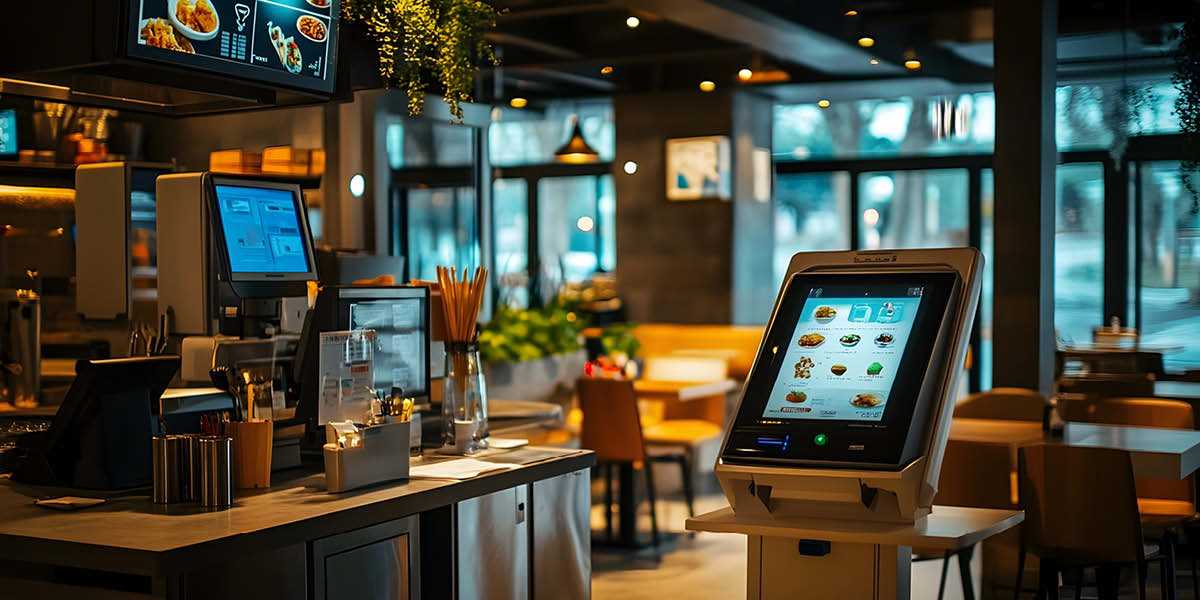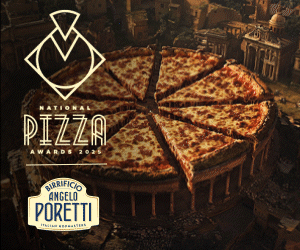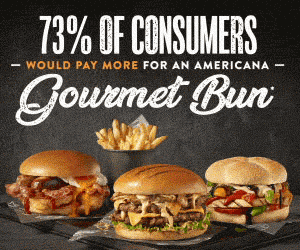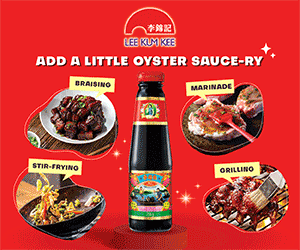Feature: The AI Revolution

Feb 21, 2025
Dine Out outlines six ways AI technology can benefit restaurant spaces
Artificial Intelligence has officially landed in the workplace, but it’s not quite the futuristic sci-fi takeover Hollywood movies might have you believe. In the right place at the right time, AI can streamline processes, improve efficiencies and ease the burden on overstretched staff.
Still not convinced? Read on to unravel six practical uses of AI in hospitality:
- No more missed calls: the ubiquity of the internet means the impact of the humble telephone is often overlooked, but too many missed calls can actually have a seriously detrimental effect on your business. According to figures from IntroducerTODAY, missed calls cost UK businesses around £30bn a year, with Popmenu adding that 83% of consumers move on to try other restaurants if they reach a venue’s voicemail more than once. Every call you fail to catch could be a missed opportunity to get bums on seats – but that’s where AI can help, consistently monitoring phone lines and providing tailored responses every time.
- Smart kitchens: Even the most highly skilled chefs can be let down by inadequate cooking equipment. The good news is that the market is rife with innovative, connected devices, allowing users to oversee all kitchen activities via single centralised systems. The automation of routine processes means your production line gets a boost, speeding up food prep and service and elevating the customer experience. Not only this, but smart kitchen tech tends to be less energy-intensive, meaning lower outgoings on utilities, while the use of real-time data to track stock levels means reduced food waste and expenditure.
The smart kitchen’s ability to automate tasks brings another great perk by freeing up chefs to focus on more creative roles. This could lead to fewer prep staff being required as a result, but also means chefs can place greater focus on artistry and customer interaction, allowing them to refine the culinary experience in line with guest feedback. What’s not to love about that?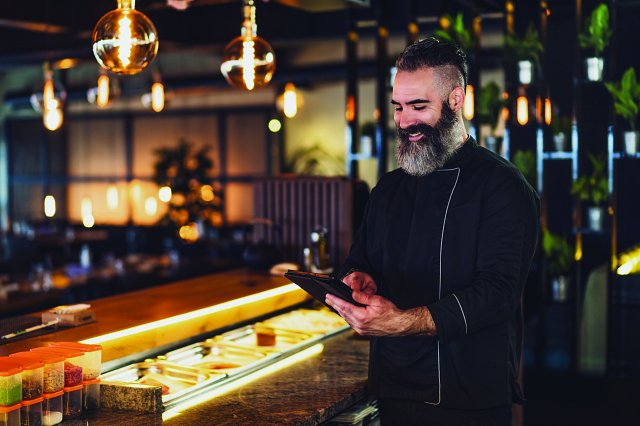
- Guiding dish decisions: Restaurants that install intuitive and interactive digital menus can empower guests to make informed menu choices. In-built virtual assistants can offer detailed information on ingredients, nutrition and allergens at the simple tap of a button. If the tool is then used to submit and process orders, restaurateurs then have heaps of valuable insights at their disposal. They can use this information to identify best-sellers and pinpoint the items that perform well with certain demographics, which subsequently gives them the power to streamline the offering, eliminating items that don’t perform well.
- Personalising experiences: Operators can tap into the data harvested by AI tools to create profiles of regular guests. Here, they can store customers’ favourite dishes, make note of dietary requirements and even account for specifics like preferred levels of spice. With all that info in the bank, you can start providing guests with tailored recommendations from the very moment they book.
- Boosting morale: AI can even play a role in raising team spirit. Intelligent staff scheduling platforms use machine learning to optimise rotas, ensuring they align with forecasted demand, employee skill capabilities and licences, as well as external elements like the weather. This brings benefits all round, resulting in fewer under- or over-staffed shifts, improving productivity and generally boosting workplace satisfaction.
- Masterful marketing: AI-powered content creation tools, such as ChatGPT, broaden the scope and potential of restaurant marketing activities. These natural language processors can niftily whip up anything from content plans to unique topic ideas, presenting a solid basis for creative input and customisation that serves your brand voice. It’s worth noting, however, that while such tools can crack on with the more routine or menial tasks, they are not yet advanced enough to take care of them all – and that’s how it should stay! The human touch is still very much required in the form of imagination, fact-checking and general oversight. Humans are and always will be your business’s greatest asset, especially when it comes to creative activities.


